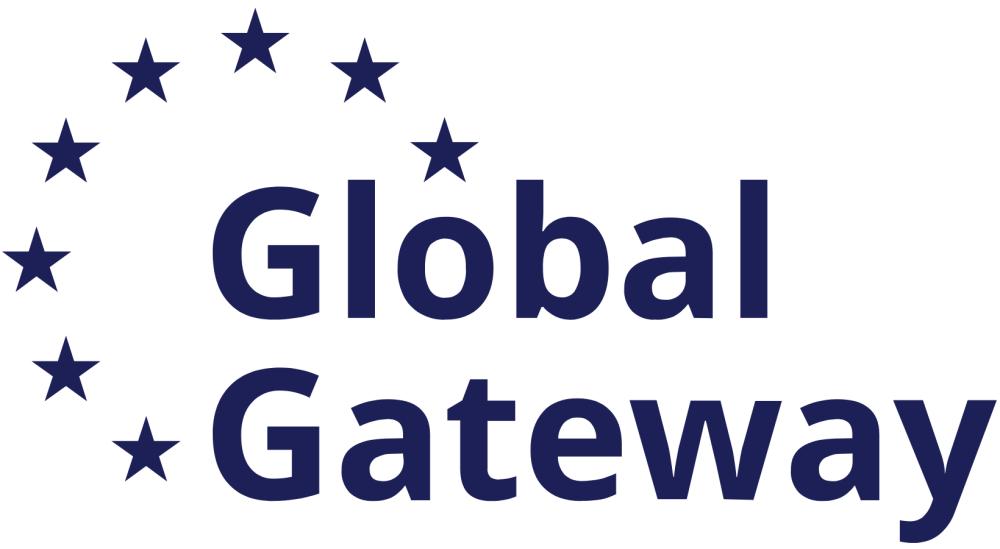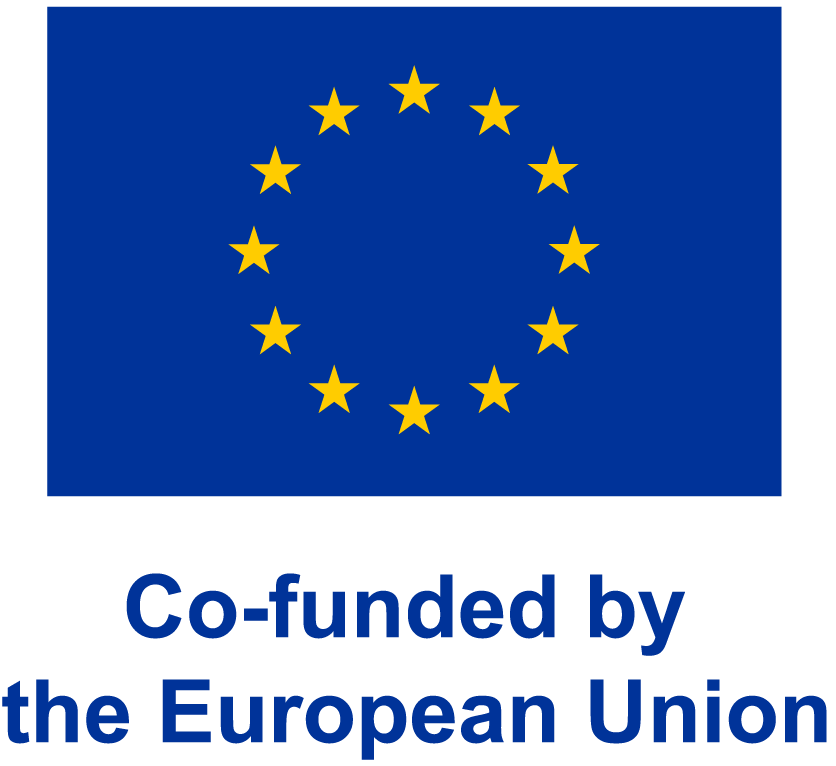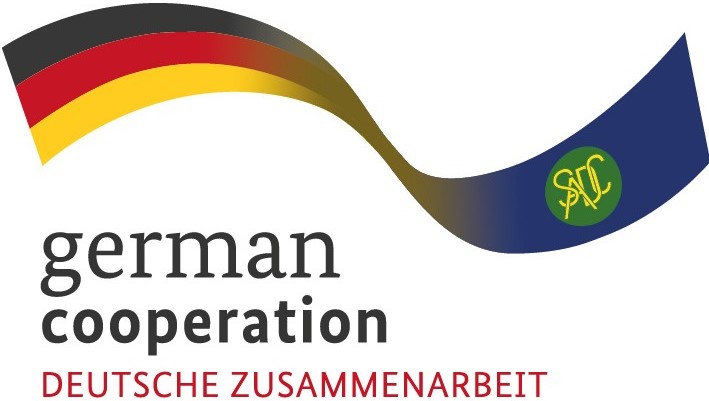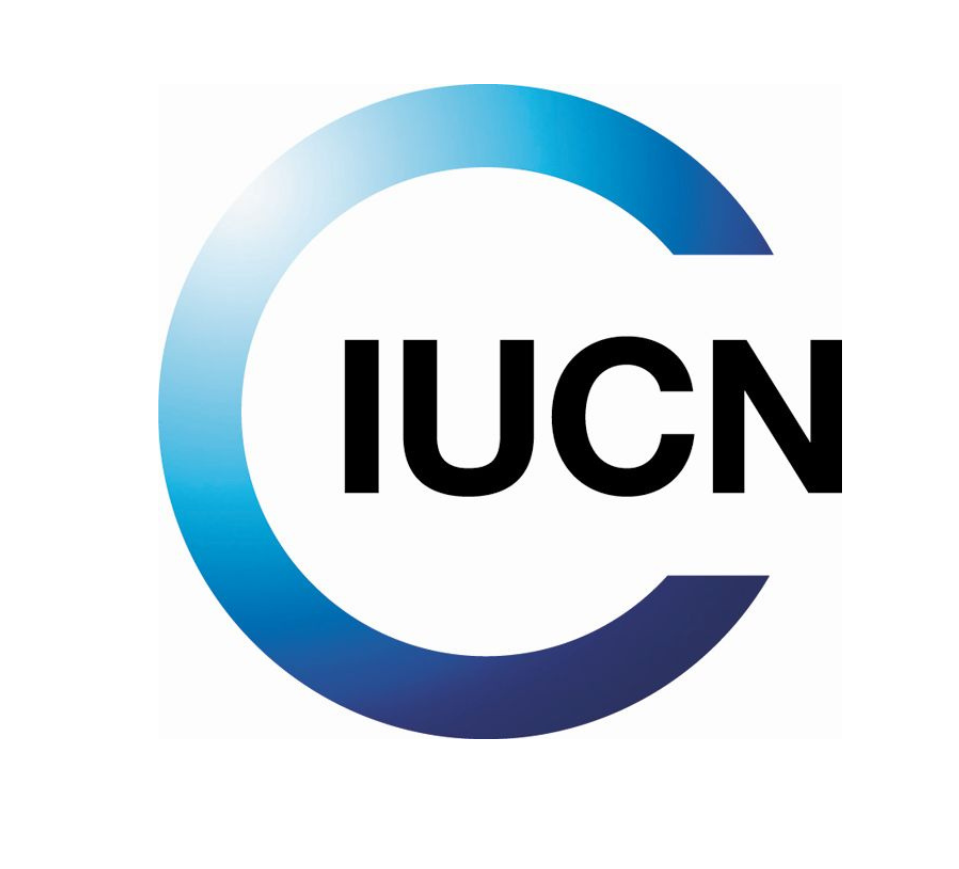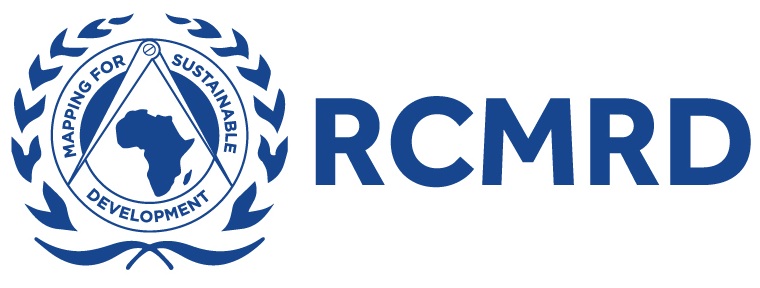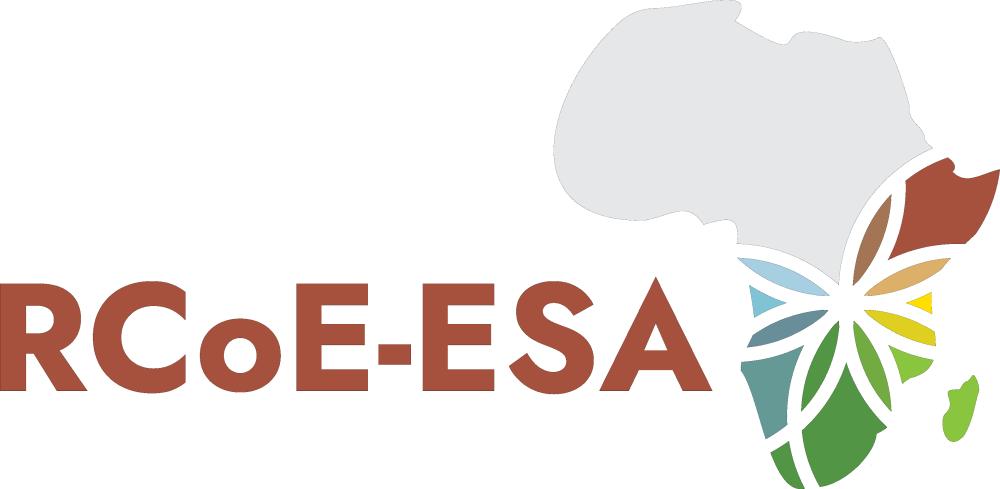 Translate
Translate
News
Madagascar Reaffirms Commitment to Marine Transfrontier Conservation Area
13 October 2025
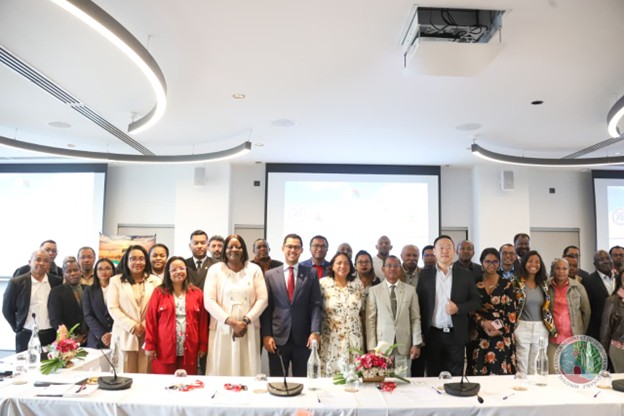
Antananarivo, Madagascar – 4 September 2025
Madagascar has reinforced its commitment to establishing a Marine Transfrontier Conservation Area (TFCA), signalling strong political support for regional marine conservation and sustainable development.
The announcement came during the Southern African Development Community (SADC) National Dialogue on TFCAs, held from 3–4 September 2025 in Antananarivo. The event was organised by the SADC Food, Agriculture and Natural Resources (FANR) Directorate with support Joint Action NaturAfrica/Climate Resilience and Natural Resource Management (C-NRM) Programme - a partnership programme between SADC, the European Union (EU) and the German Government, implemented by Deutsche Gesellschaft für Internationale Zusammenarbeit (GIZ).
The dialogue was officially opened by the Ministers of Environment, Tourism, and Fisheries.Hon. Max Andonirina Fontaine, Hon. Viviane Dewa, and Hon. Mahantante Tsimanaoraty Paubert demonstrating cross-sectoral political commitment to sustainable natural resource management.
In his opening remarks, Hon. Fontaine emphasized the role of TFCAs as tools for both conservation and socio-economic development, calling on national experts to take ownership of TFCA planning and implementation. He highlighted the importance of multi-stakeholder collaboration and Madagascar’s readiness to align its TFCA ambitions with regional SADC protocols.
The dialogue included presentations from the SADC Secretariat on recently approved strategies, such as the Law Enforcement and Anti-Poaching (LEAP) Strategy, the Forestry Strategy, and the Wildlife-based Economy Strategy Framework (WBESF). GIZ provided background on TFCA development, referencing global examples like the Waterton-Glacier Peace Park and the Kgalagadi Transfrontier Park (KTP), underscoring the value of cross-border collaboration in natural resource management.
The IUCN highlighted the importance of marine conservation in the Indian Ocean, noting that the migratory patterns of marine species cross national boundaries, making collaborative governance essential. Madagascar’s representatives also raised practical challenges, including limited financial resources for managing its 5,000 km² coastline and ownership disputes over parts of the seascape involving non-SADC territories.
A survey of dialogue participants identified Madagascar’s western and northern coasts as having the greatest potential for Marine TFCAs. The Mozambique Channel stands out for its rich biodiversity, coral reefs, seagrass beds, and opportunities for eco-tourism and sustainable fisheries, as well as potential collaboration with Mozambique and the Comoros.
The dialogue concluded with a commitment to further consultations, identification of potential partner states, and the development of a Marine TFCA Action Plan for submission to the SADC Secretariat.
Madagascar’s ministers and stakeholders sent a clear message: the vision of a Marine TFCA is both a national and regional priority, offering opportunities for sustainable management of marine resources across the SADC region.
For more information contact: Colum Zhuwau on czhuwau@sadc.int or Rabson Dhlodhlo on rabson.dhlodhlo@giz.de
Madagascar has reinforced its commitment to establishing a Marine Transfrontier Conservation Area (TFCA), signalling strong political support for regional marine conservation and sustainable development.
The announcement came during the Southern African Development Community (SADC) National Dialogue on TFCAs, held from 3–4 September 2025 in Antananarivo. The event was organised by the SADC Food, Agriculture and Natural Resources (FANR) Directorate with support Joint Action NaturAfrica/Climate Resilience and Natural Resource Management (C-NRM) Programme - a partnership programme between SADC, the European Union (EU) and the German Government, implemented by Deutsche Gesellschaft für Internationale Zusammenarbeit (GIZ).
The dialogue was officially opened by the Ministers of Environment, Tourism, and Fisheries.Hon. Max Andonirina Fontaine, Hon. Viviane Dewa, and Hon. Mahantante Tsimanaoraty Paubert demonstrating cross-sectoral political commitment to sustainable natural resource management.
In his opening remarks, Hon. Fontaine emphasized the role of TFCAs as tools for both conservation and socio-economic development, calling on national experts to take ownership of TFCA planning and implementation. He highlighted the importance of multi-stakeholder collaboration and Madagascar’s readiness to align its TFCA ambitions with regional SADC protocols.
The dialogue included presentations from the SADC Secretariat on recently approved strategies, such as the Law Enforcement and Anti-Poaching (LEAP) Strategy, the Forestry Strategy, and the Wildlife-based Economy Strategy Framework (WBESF). GIZ provided background on TFCA development, referencing global examples like the Waterton-Glacier Peace Park and the Kgalagadi Transfrontier Park (KTP), underscoring the value of cross-border collaboration in natural resource management.
The IUCN highlighted the importance of marine conservation in the Indian Ocean, noting that the migratory patterns of marine species cross national boundaries, making collaborative governance essential. Madagascar’s representatives also raised practical challenges, including limited financial resources for managing its 5,000 km² coastline and ownership disputes over parts of the seascape involving non-SADC territories.
A survey of dialogue participants identified Madagascar’s western and northern coasts as having the greatest potential for Marine TFCAs. The Mozambique Channel stands out for its rich biodiversity, coral reefs, seagrass beds, and opportunities for eco-tourism and sustainable fisheries, as well as potential collaboration with Mozambique and the Comoros.
The dialogue concluded with a commitment to further consultations, identification of potential partner states, and the development of a Marine TFCA Action Plan for submission to the SADC Secretariat.
Madagascar’s ministers and stakeholders sent a clear message: the vision of a Marine TFCA is both a national and regional priority, offering opportunities for sustainable management of marine resources across the SADC region.
For more information contact: Colum Zhuwau on czhuwau@sadc.int or Rabson Dhlodhlo on rabson.dhlodhlo@giz.de



